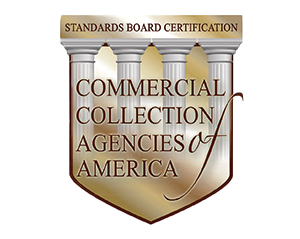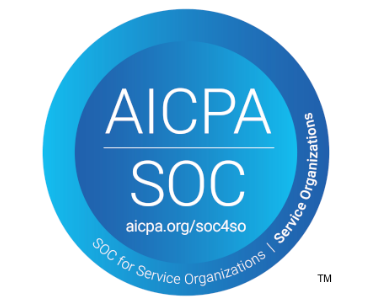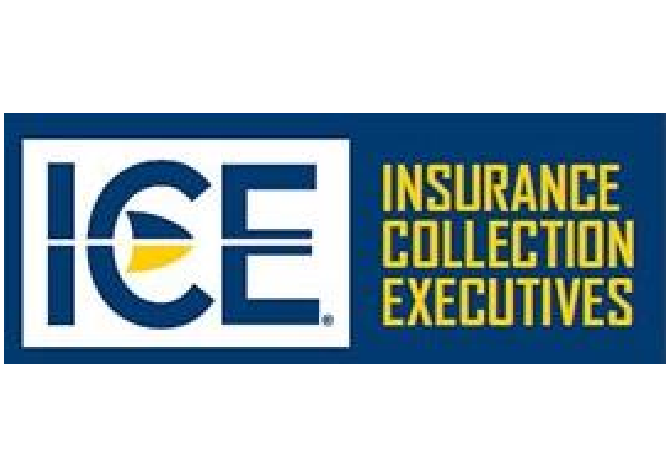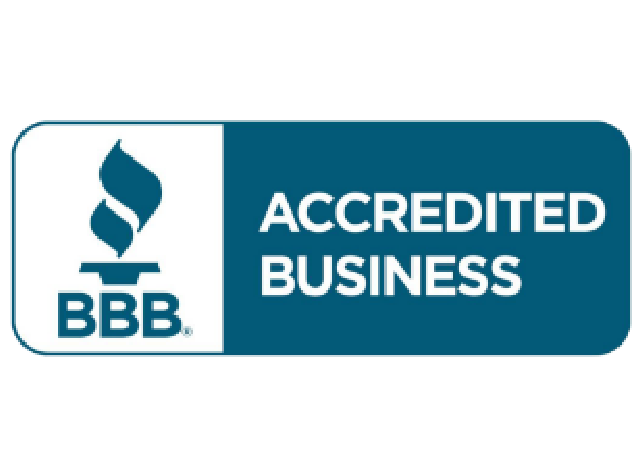Home / News & Insights / January 8, 2020 / ...
Litigation and the Elusive Debtor
You’ve done your research. Your agency has confirmed a physical address, checked their status with the Secretary of State, located attachable assets. Everything says this debtor is a prime candidate for suit.
But somewhere between forwarding the account to legal counsel and the sheriff showing up on their doorstep… suddenly there’s nobody there.

What now?
The pile on the sheriff’s desk
Once a complaint has been filed with the court, the defendant has to be served with process. In a commercial collection case, that typically means an individual authorized by the court has to physically hand the complain to an officer of the debtor company in person.
Who can do the serving varies by jurisdiction, but in most cases the first stop is the sheriff’s office. In many states, there isn’t even another option – the law requires that the sheriff try and give up before any other service method can be attempted.
Some jurisdictions have more efficient systems in place for this duty than others, but in many cases the attorney will tell us frankly that it’s just not a high priority for anyone in the sheriff’s office, and there’s simply no way to make it go any faster. All we can do is wait for their report.
If the defendant keeps dodging them, eventually they’ll report to the court that they weren’t able to serve the complaint, and that’s when it’s time to consider other options. Which of these is right for a particular case depends on the jurisdiction, the status of the debtor company, and various other factors that a seasoned collection attorney will consider before recommending one or more.
Private process server
When we know where the debtor’s principal works or lives, but they’re contriving to somehow always be out when that deputy knocks on the door, it might be time for a private process server. It isn’t quite the TV image of the blandly friendly person who catches the main character at some habitual haunt, hands them a manila envelope, and says “You’ve been served.” But it’s probably the closest thing.
Attorneys maintain working relationships with these specialized professionals, and have often negotiated favorable rates for a set number of attempts. If a debtor is particularly evasive, this option can quickly become the most expensive, but it can be worth it in some higher-balance cases with a good chance of recovery.
Alternative delivery methods
A handful of states allow service by certified or registered mail, or other delivery services that require a signature. A few still have provisions for service by publication, where the summons is published in a newspaper in a newspaper in the defendant’s area, usually for a certain number of weeks in a row. That one tends to require a judge’s approval, after proving that the plaintiff’s attorney has tried everything else.
That’s also often true of substituted service through the Secretary of State’s office, which is accepted in some states when there has been no success in serving an officer or registered agent of the debtor company.
The costs add up
The truth is, though, by the time you’re trying to serve the registered agent, the chances of recovery are getting smaller. In theory, the registered agent is supposed to be someone authorized to accept service on the company’s behalf, but in practice they’re often just an attorney who filed the incorporation paperwork and may never have had any further contact with the owners. The more methods an attorney has to attempt before a debtor is served, the less likely there is to be anything to satisfy a judgment when all is said and done. You can rely on the experience of your attorney and collection agency to help decide when it’s cost effective to keep trying and when it’s time to close the file.
Creditors can rely on the strength of the Triadic System to navigate a litigation world with many risks and no guarantees.






